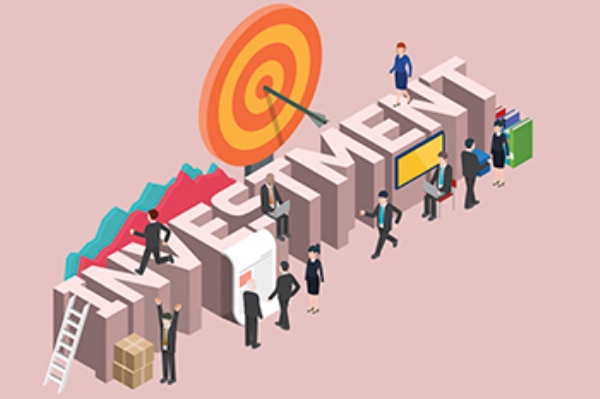The Great Dilemma
Total Views |
Robert Kiyosaki has famously said, “An asset is something which puts money in my pocket, while a liability takes money out of my pockets.” Simple rule to understand, difficult to put into practice.
Covid and the unprecedented uncertainties that have come in our lives has put many home loan borrowers in a dilemma. Whether to pay off their housing loans or instead invest that extra money?

Typically, in one’s career cycle, housing loan features at the start of the career. The salary at the time is low, liabilities are about to take off. At that age, growth prospects are abundant. Over a period, career graph is on an upswing, salary rises, and the big question arises. Should one continue paying home loan EMIs or should one invest the extra income in other investment products. Before deciding on the above question, it is necessary to understand the trade off between the post-tax returns on your investments and your housing EMI, tax benefits available on home loans and your monthly recurring expenses that you incur to keep the house in order. Also, one major factor of uncertainty which has been occurring with certainty since the Covid outbreak last year, salary cuts, job losses etc. This new uncertainty neds to be factorized.
Looking at the first aspect of returns on investments; it is necessary to invest the money in such avenues which help the money to grow beyond the monthly outflow that your home loan and home is expected to have. This also depends on the timeline of investments. For a longer time period, investments made systematically through an equity mutual fund in the stock markets will give returns better than any other investment products. Here the risk bearing appetite of the investor plays a major role. The outlook should be of long-term wealth creation and not cashing in on short term gains. With Sensex scaling new heights every day, it is hard not to make that quick buck. But SWPs can come to your rescue in such cases.

Since the RBI monetary policy is maintaining an accommodative stance by keeping the REPO rate unchanged since May 2020, consequently the home loans rates are at an all time low of around 6.5% p.a. It is necessary at this stage to check with your banks whether the interest rate on your loan has been reduced to current levels. It will always be a little higher than the prevailing market rates. Had you taken a loan today, you would get it at the current market rate, but since yours is an older loan, the bank has financed the same with higher interest rate funds. So is swapping the loans to another bank the solution. By transferring the loan balance to another bank, you may think you have made the right decision, but it is superfluous as the new bank will recover fresh processing charges and stamp duties from you. Also, as it will be a new loan, the EMI will have more interest component as compared to the principal repayment that increase over time. So effectively even though you are charged a lesser interest, you end up not saving quite a bit. Also, for future loan proposals, it is necessary to have a long term relationship with any bank to get good offers.
Regarding the tax benefits, government of India has inculcated various concession in the Income Tax Act. A home which is taken on loan, significantly helps to reduce your overall tax liability. The repayment EMI of the loan has two components: interest and principal. Interest component is deducted from your total income upto Rs 2 lakhs for self-occupied property u/s 24. For let out property, there is no upper limit for claiming interest. Principal component is allowed as deduction u/s 80C upto Rs 1.5 lakhs. This also can include the expenses incurred on stamp duty and registration. For low value properties below Rs 50 lakhs additional tax concession is available u/s 80EE and U/s 80EEA for Rs 50,000 and Rs 1.50 lakhs each. If home loan is taken in joint names of co-owners of property, these tax concessions can be claimed individually by each co-owner. So that becomes double the benefit.
One significant aspect, which cannot be ignored is the recurring expenditure to maintain the house. Government taxes, society maintenance charges, repairs etc. form a significant portion of your annual budgets.
So, after taking into consideration all the above aspects, what should one do? Should the loan be repaid, or should extra income be invested?
There is no one solution to the above dilemma. One thing is for sure, any extra income that the borrower has, part of it should be deposited to the loan to reduce the principal due. By doing this and keeping the EMI unchanged, the tenor of your loan reduces. Also, the principal repayment component of your EMI will become more than the interest component. The remaining part of the extra income can be invested in high income earning products. The key is to maintain a right balance and reap benefits from the loan as well as investments. Like in our diets, eating a healthy mix of salads, fruits, proteins, carbohydrates etc. is needed to maintain a healthy body, the same principle applies to your money management as well.
Last but not the least, if you are going to lose your sleep over the due amount, it is better to pay off the loan and regain that peace of mind. Focus should be to remain reasonable in your approach and concentrate on what makes you happy. Any money management decision is not only a number crunching decision, but also a psychological one.
